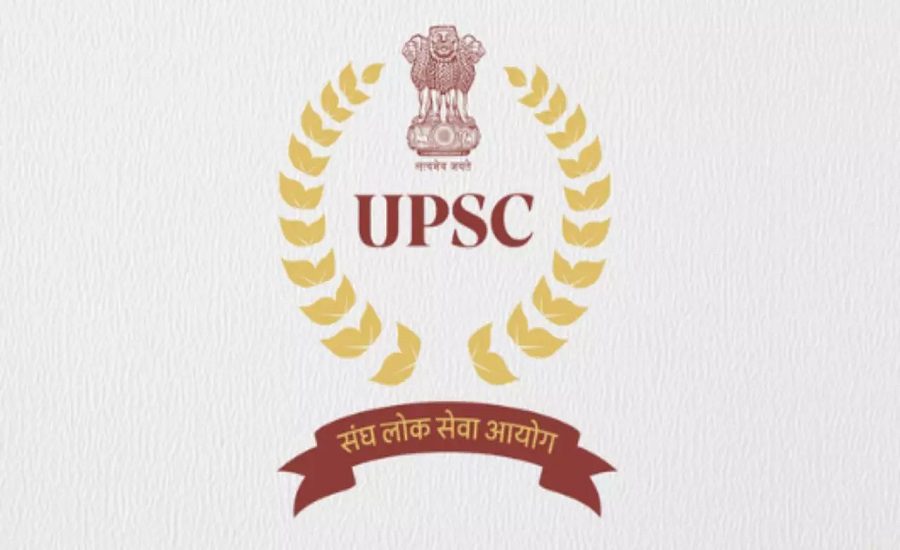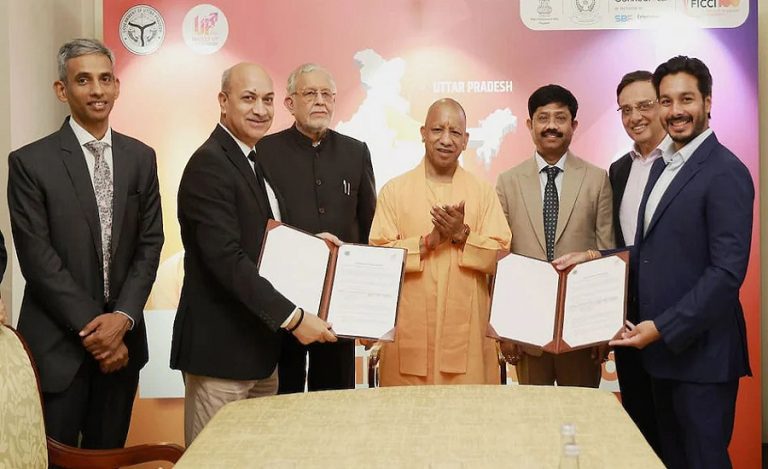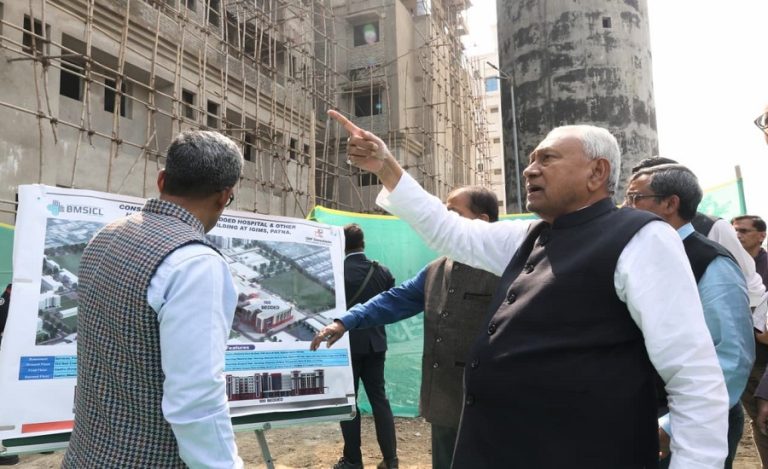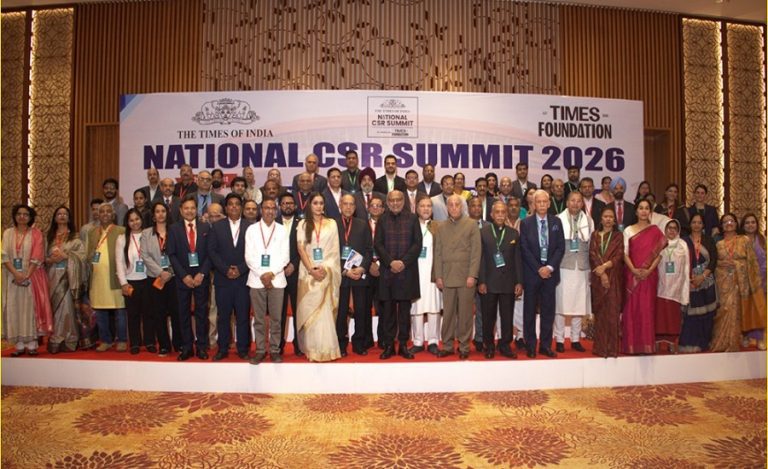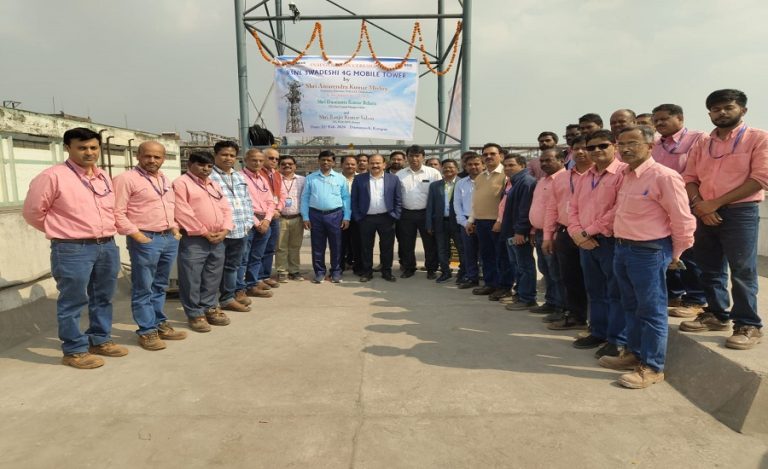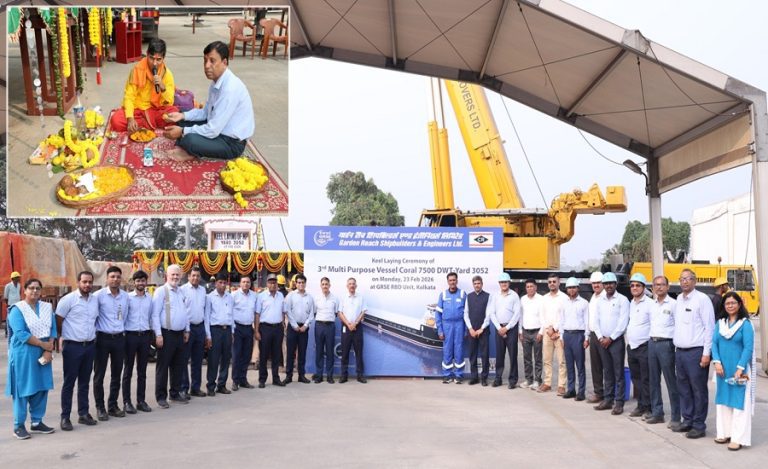New Delhi: In a move aimed at increasing transparency and improving candidate grievance redressal, the Union Public Service Commission (UPSC) has agreed to release the provisional answer key shortly after the Civil Services Preliminary Examination, instead of waiting until the completion of the entire exam cycle.
This decision marks a significant shift in UPSC’s long-standing policy and comes in response to a petition before the Supreme Court challenging the delayed publication of answer keys, cut-off scores, and candidate marks.
Background: Petition Demanded Timely Disclosure of Answer Keys
The petition, filed by advocates Saroj Tripathi and Rajeev Dubey, argued that withholding the answer keys and marks until the final stage of the Civil Services Examination (CSE) process deprives unsuccessful candidates of the opportunity to seek timely and effective remedies.
The petition stated, “There is neither any reason nor rhyme to publish the marks, cut-off marks and answer keys of CS(P) examination only after the entire process is over, except with the sole motive to frustrate the cause of action, irrespective of howsoever genuine it might be.”
It also emphasized that access to answer keys and marks would allow candidates to file legitimate challenges and also help them better prepare for future attempts.
Supreme Court Involvement and Amicus Curiae Suggestion
The Supreme Court appointed senior advocate Jaideep Gupta as amicus curiae in the case, with advocate Pranjal Kishore assisting. The amicus suggested that the provisional answer key be published within a day after the exam.
In an earlier affidavit filed in May 2025, UPSC initially resisted the proposal, citing concerns of “uncertainty and delay” in finalising results. However, the Commission later reconsidered its stance.
UPSC’s Revised Stand: Provisional Key, Objections, and Expert Review
In a fresh affidavit filed on September 20, UPSC informed the court that it had “deliberated upon various factors” and decided to publish the provisional answer key shortly after the preliminary exam.
Key highlights of UPSC’s new process include:
- Candidates will be invited to submit objections or representations to the provisional answer key.
- Each objection must be supported by at least three authoritative sources; unsupported claims will be rejected outright.
- The Commission will evaluate the objections with the help of subject experts, who will finalise the answer key after in-depth scrutiny.
- The final answer key will form the basis for declaring Prelims results and will be published after the final results of the Civil Services Examination.
UPSC stated that it aims to implement these changes as expeditiously as possible.
Promoting Transparency and Public Interest
In its affidavit, UPSC asserted that the move is intended to enhance transparency in its functioning and to address the grievances of aspirants more effectively. The Commission described the change as an “effective and adequate redressal” of concerns raised in the petition and a step toward upholding public interest in the competitive examination process.
Implications for Aspirants
This reform is expected to bring the UPSC in line with other competitive examination bodies in India, which already publish provisional answer keys and seek objections soon after the exam.
Candidates will now have a clearer, more timely opportunity to raise legitimate challenges, track their own performance, and prepare for future attempts with accurate insights.

